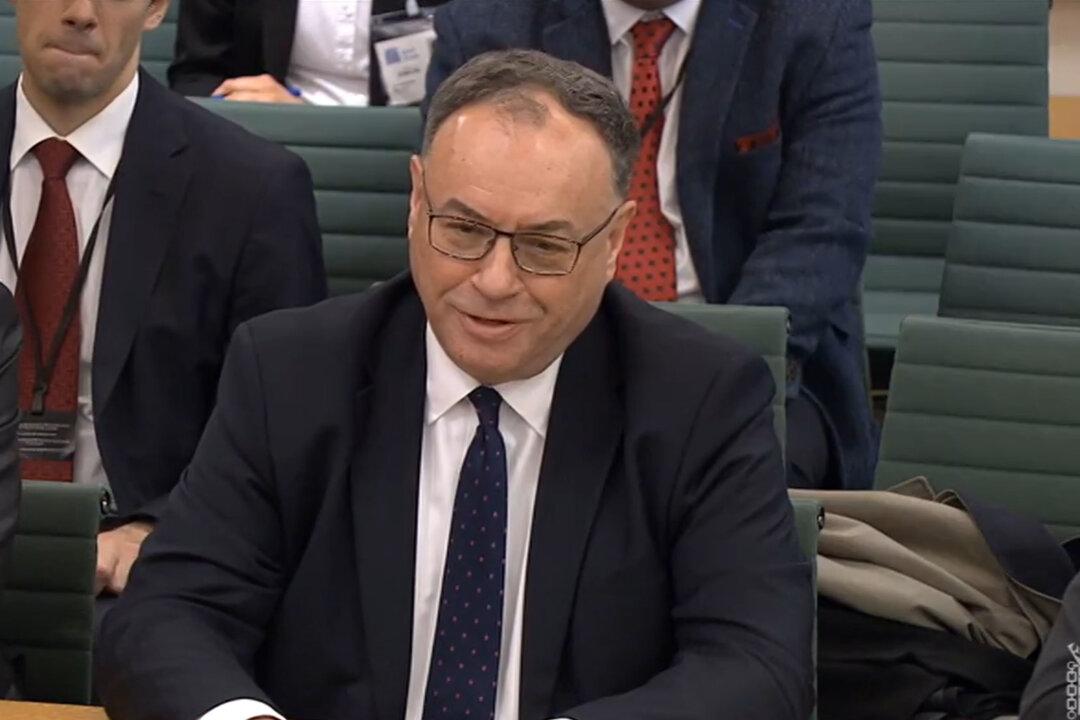The UK financial system is in a period of “very heightened tension and alertness” for further turmoil in the banking sector, Bank of England Governor Andrew Bailey has said.
The UK banking system remains in “a strong position” but the central bank has to be “very vigilant,” Bailey told the Treasury Committee in the House of Commons on Tuesday.





